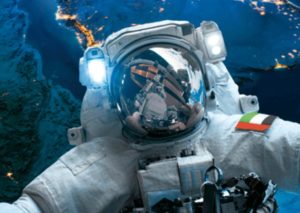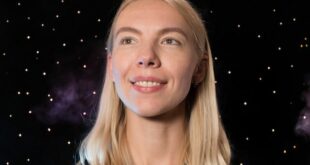
The UAE has announced that its first astronaut will be launched to the International Space Station (ISS) in 2019 with the assistance of the Russian space agency, Roscosmos.
This confirms rumours circulating last month about the possibility of the UAE’s first astronaut being sent into orbit in 2019, despite the fact that the selection for the UAE’s four-person astronaut corps has yet to be completed.
The cooperative agreement was signed by the UAE, represented by the Mohammed Bin Rashid Space Centre (MBRSC), and the Russian Federal Space Agency, Roscosmos. It will send the first Emirati astronaut to space to participate in scientific research as part of the Russian space mission to the International Space Station aboard the Soyuz-MS spacecraft.
Sheikh Mohammed bin Rashid Al Maktoum, Vice President and Prime Minister of the UAE and Ruler of Dubai, said that sending the first Emirati astronaut to space will herald the beginning of a new era for the UAE and represents another step towards achieving the country’s vision and aspirations for the space sector.
“The UAE has signed a historic agreement to send the first Emirati astronaut to the International Space Station. The journey that we began 12 years ago is beginning to bear fruit,” Sheikh Mohammed continued. “Our vision to develop the national space sector is being realised with the development of a spacecraft, the construction of our first local satellite manufacturing facility, the training being given to Emirati astronauts, and the launch of a comprehensive scientific and research programme.”
Sheikh Mohammed bin Rashid Al Maktoum added that the agreement provides an impetus for advancing the UAE’s future space ambitions which include building the first inhabitable human settlement in Mars as part of the 2117 Mars project.
Yousuf Hamad Al Shaibani, Director General of MBRSC, explained that the Russian space agency is an ideal partner for the UAE because of its long track record in the space sector.
The International Space Station has been continuously occupied since 2 November 2000. As of January 2018, 230 individuals from 18 countries have traveled to it.
 SpaceWatch.Global An independent perspective on space
SpaceWatch.Global An independent perspective on space




